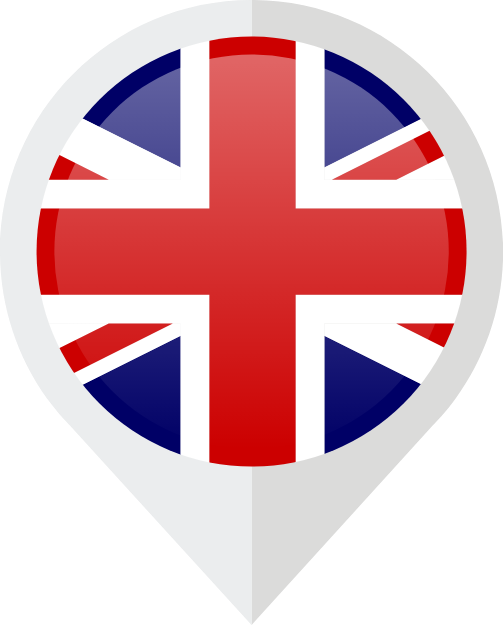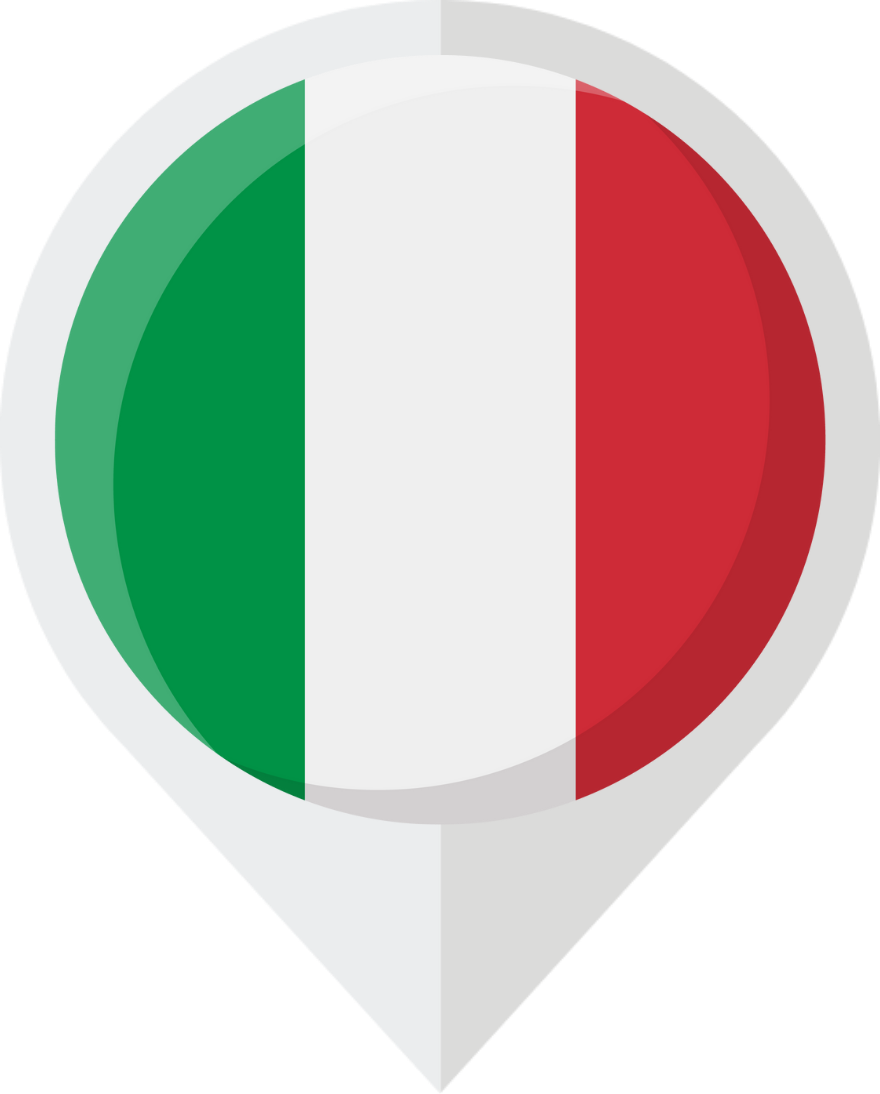
There is a curious phenomenon that lives deep within us, and it colours much of our daily existence. This is the impulse to seek authority outside ourselves, to look for someone or something to tell us what is right, to provide a sense of security, to give us the answers we do not find within. This need for authority — for the expert, the leader, the wise one — it begins in childhood and, for most of us, carries through life, untouched and unquestioned. We become conditioned to trust this authority, believing it holds a power that we lack.
A story shared by the philosopher Slavoj Žižek (1997) shines a light on this deeply rooted habit. An elderly woman believed that her life’s misfortunes stemmed from a change in her house number. Burglars broke in, storms damaged her roof, and neighbours turned hostile. To her, this was all because her house was now marked by the number 23. She tried, in her small way, to change it, adding an “A” to the end, but it did not work. Why? Because, she insisted, it had to be done “properly” — by the authorities, by someone official. Only they, she felt, could restore harmony.
Isn’t this what so many of us do? We feel uneasy, restless, trapped by life’s complexities and misfortunes, and we think that something outside of us — an authority, an institution, a ritual — must resolve it. We think we can’t do it ourselves, that we are somehow lacking, incomplete, incapable. We place our faith in systems, in figures of power, in symbols that promise to cure us of our uncertainty.
But what, in essence, is authority? Have we ever looked at it deeply? Authority is nothing more than an image, a projection of power that we have created. It is the same whether we speak of political power, religious authority, or even the role of a therapist or teacher. In the therapeutic space, for instance, the client often believes that the therapist holds the answers, that the therapist is a kind of wise parent figure who will give permission, who will direct, who will make decisions on behalf of the client.
But the truth is that there is no such authority, not in the way we imagine. The therapist may have techniques, knowledge, experience, but they cannot truly solve the client’s inner conflicts. The therapist cannot give the client what the client refuses to find within themselves. In reality, each of us must become our own teacher, our own authority. No one can walk the path for us, and no one can see what lies within our own hearts.
This notion became clear to me once while working with a young woman who felt deeply unhappy in her university studies. She came to me, hoping I would tell her what to do, hoping I would say, “Yes, leave,” or “No, stay.” But can you see what this means? She wanted me to decide her life for her, to bear the weight of her choice. What she truly sought was not advice but permission. She wanted me, the figure of authority in her mind, to make it all right, to bear the burden of her inner conflict.
And yet, the most important thing I could do was refuse this role.
I had to allow her to discover that the answer lay within her own awareness, her own understanding. She alone had to see her truth; she alone had to decide. To depend on my judgment would be to avoid her own freedom, to abandon the responsibility of living her own life. As Nietzsche once said, ‘He who cannot obey himself will be commanded.’ It was not enough to seek guidance or approval from others — true freedom lay in her ability to shape her path, guided by an inner compass she alone could understand. When she finally made her choice, it was hers entirely — not borrowed from someone else, not influenced by an authority.
Do we see, then, the subtle tyranny of authority, the way it keeps us passive, uncertain, reliant? To truly live, to truly understand, we must be willing to stand alone, free of the security that authority promises. This does not mean becoming reckless or arrogant, but rather discovering a clarity within ourselves that does not depend on any external approval.
True freedom emerges when we understand that we are both the one who asks and the one who knows, both the traveller and the destination we long to find. There is no figure, no therapist, no guru, no institution that can take that journey for us. The journey is within, and it begins when we let go of the need for authority. Only then can we truly see, truly understand, and live in a way that is whole, complete, and utterly free.
Žižek, S. (1997). The Plague of Fantasies. Verso.


